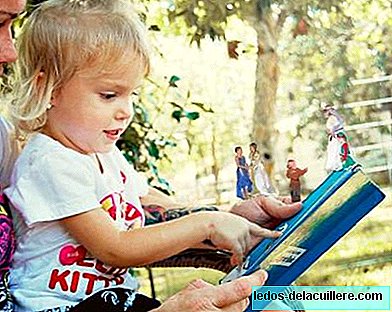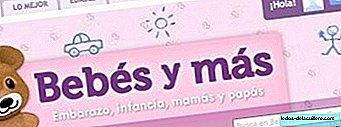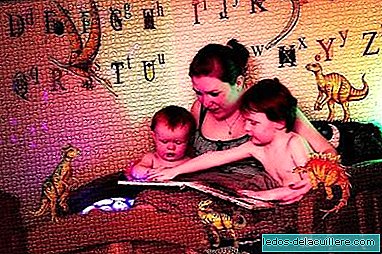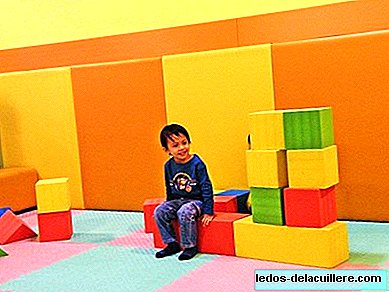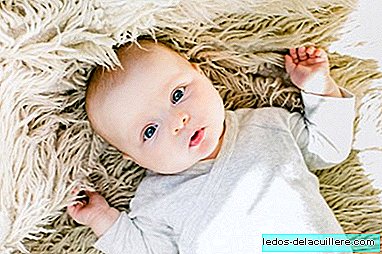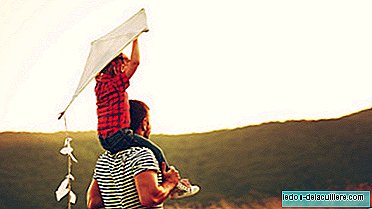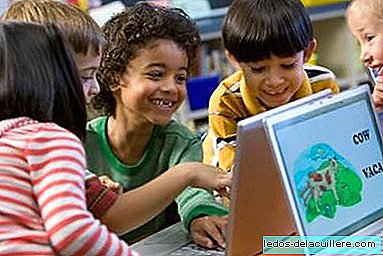
Some babies grow up in families where bilingualism is a daily situation. It is common for them to hear their parents speak different languages by having the child incorporate them in a natural way, almost without realizing it.
Although it may be believed that children are confused by speaking two languages even when they are not yet able to express words, it is not proven that bilingualism causes learning disorders but rather the opposite, the benefits are remarkable.
A recent study has shown that one-year-old children who come from bilingual families develop greater flexibility in language learning. They are more ductile to recognize speech structures as well as to control different languages simultaneously.
To prove it, the researchers taught the babies words of three syllables followed by toys on the left or right side of the screen, depending on the structure of the word. They were then taught words that they had never heard but that corresponded to one of the two structures and to which no toys followed.
Through the direction of their gaze when they heard a new word to find the toy on either side they discovered that the babies had been able to learn the structures of the words.
Several researches have also shown that bilingual children are more communicative than monolinguals because they are capable of creating longer and more complex sentences by expanding their communicative capacity.
It seems clear that listening to two languages from birth causes children to expand their linguistic possibilities and become more malleable to learning. Among other advantages, it also highlights a greater ability to concentrate on important details and for selective attention, not counting the great benefit of mastering two languages since they are little.


